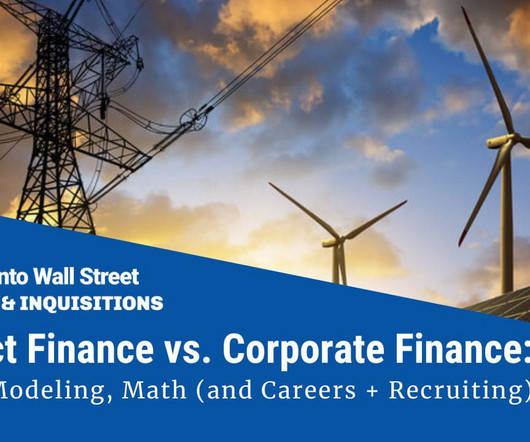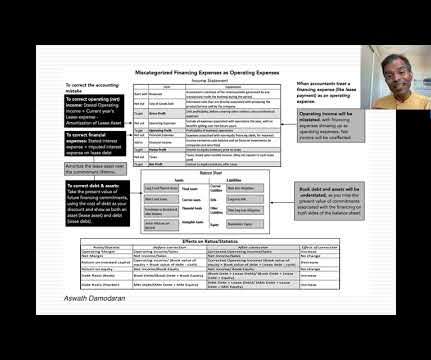Project Finance vs. Corporate Finance: Careers, Recruiting, Financial Modeling, and More
Brian DeChesare
MAY 29, 2024
With the craze over renewable energy and infrastructure over the past few years, we’ve received more and more questions about Project Finance vs. Corporate Finance. And yes, coincidentally, we have a new Project Finance & Infrastructure Modeling course. social infrastructure (hospitals, schools, etc.),














Let's personalize your content